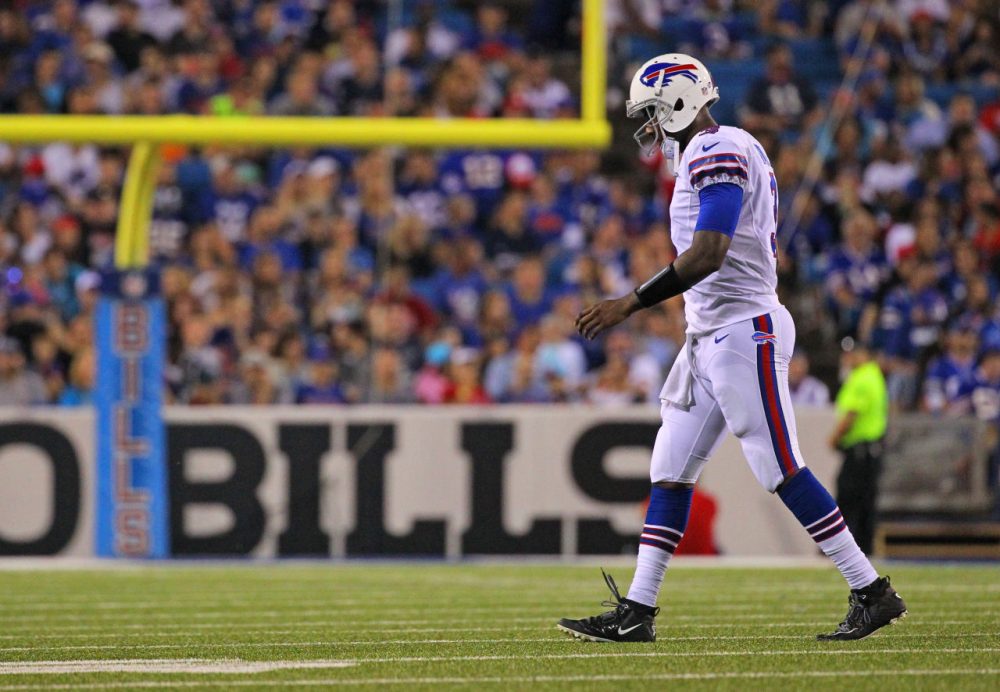For professional athletes, the mere mention of retirement can strike fear in their heart. However, no matter how gifted and successful, no athlete can carry on forever.
Danielle Berman is the founder of Tackle What’s Next, a platform that supports athletes transitioning from life in sports to fulfilling second careers. She points out that while it can be scary for professional athletes to leave their teammates, coaches, and fans behind, many go on to thrive in successful, fulfilling careers away from the field.
BJ Bedford Miller is an American former competitive swimmer, former world record holder, and Olympic gold medalist. She represented her country at the Sydney Olympics in 2000 and was a member of the team that established a new world record in the 4×100 meter medley relay. She explains that, for athletes, the transition to retirement can be tough. After all, in Miller’s case, she did not really know how to be anything else but a swimmer, having practiced the sport year-round from the age of 5.
Nevertheless, as Miller can attest, athletes have everything they need to be great, irrespective of their chosen career path. As she notes, life in professional sports hones a variety of extremely valuable life skills, including a strong work ethic and the ability to collaborate with others working toward common goals. Athletes also learn that although they will not win overnight, they will eventually be rewarded for their hard work. In fact, athletes learn many extremely valuable life lessons from sports, culminating in a can-do attitude that directly translates to a winning mentality in the workplace.
Skills such as discipline, leadership, teamwork, motivation, performing under pressure, ambition, decision-making, resilience, and goal-orientation set sports professionals in good stead for rewarding second careers. As the retired British runner and double Olympic champion Dame Kelly Holmes explains, just like in athletics, in business, there is an underlying acceptance of the need to dedicate your life to the pursuit of excellence. As Dame Kelly points out, planning, tracking, adjusting, monitoring, succeeding—and sometimes failing—are all part of the journey.
Dr. Jack Lesyk is the director of the Ohio Center for Sports Psychology, an organization dedicated to helping athletes enrich their lives by learning critical life skills. He developed the Nine Mental Skills of Successful Athletes. These include:
- Choosing and maintaining a positive attitude.
- Maintaining a high level of self-motivation.
- Setting high, realistic goals.
- Dealing effectively with people.
- Using positive self-talk.
- Using positive mental imagery.
- Managing anxiety effectively.
- Managing their emotions effectively.
- Maintaining concentration.
Shaped by years of rigorous training and dedication, these traits are equally desirable in business as they are in the world of athletics. Athletes transitioning away from competitive sports possess a long list of skills that are quite enviable in the professional world.
Many athletes struggle with a lack of purpose after retiring, as well as joblessness and depression. A famous example is the Irish soccer player George Best, who found himself adrift after retiring. His spiraling alcoholism triggered a decline and premature death.
The key to transitioning to a fulfilling life after sports is for athletes to develop aspects of their persona outside of athletics so that their whole identity does not hinge entirely on their sporting prowess. A complicating issue lies in the fact that many successful athletes hit the big time at a moment in their early lives when they are just developing a sense of personal identity. To be a successful athlete, they must commit themselves completely to an unrelenting program of training and competition demands.
However, to emerge as a well-rounded adult, they also need the opportunity to explore different sides of their personality. Otherwise, they run the risk of prematurely committing to an identity that relies excessively on their sporting successes. When those are taken away, former athletes suffer a profound sense of loss, struggling to find purpose and meaning in their new lives, which potentially places their sense of self-worth in jeopardy.
Numerous organizations and programs have been created to help athletes transition to successful second careers. The United States Olympic and Paralympic Committee operates the Athlete Career and Education (ACE) program, providing athletes with a range of resources. These include Athlete Pivot Groups, which support Team USA athletes with unique transitions, including managing feelings after failing to qualify, mentally recovering from injuries, and finding purpose after sports. Athlete Pivot Groups provide an opportunity for athletes to connect with others who are experiencing similar challenges, promoting community, understanding, and mutual support.
ACE’s Athlete Career Coaching program provides athletes with 1:1 support from experienced career coaches, helping them successfully transition away from elite sports competition and carve out exciting, successful, and fulfilling new careers. Meanwhile, ACE Career Development offers professional skills development and job search and application help, in addition to linking participants to potential jobs and recruiters.

